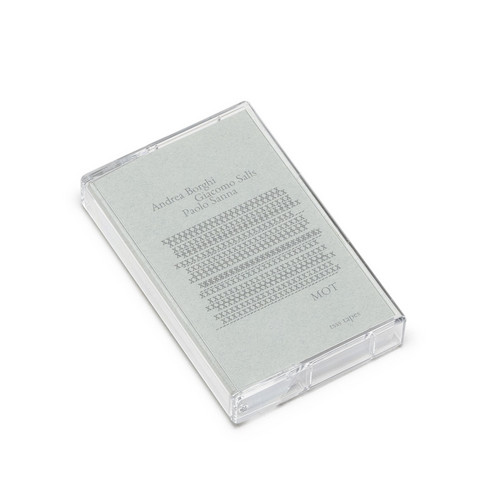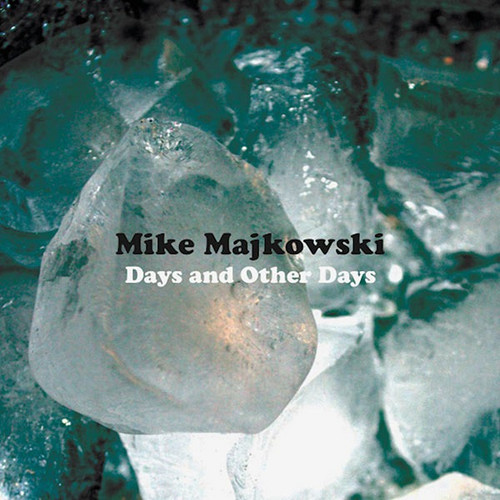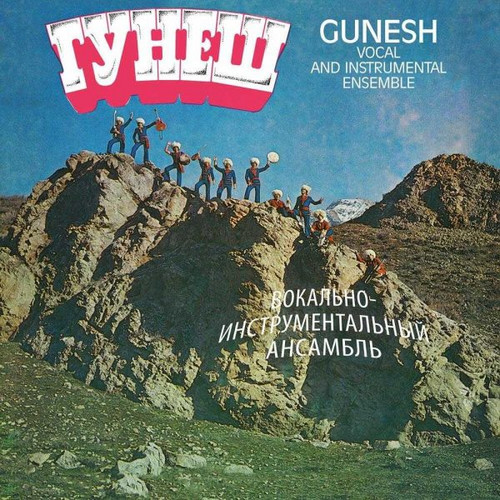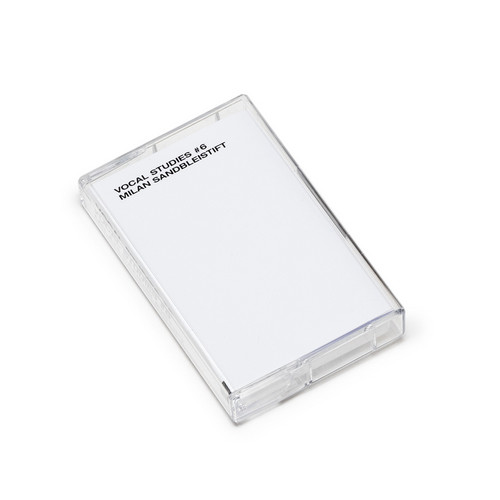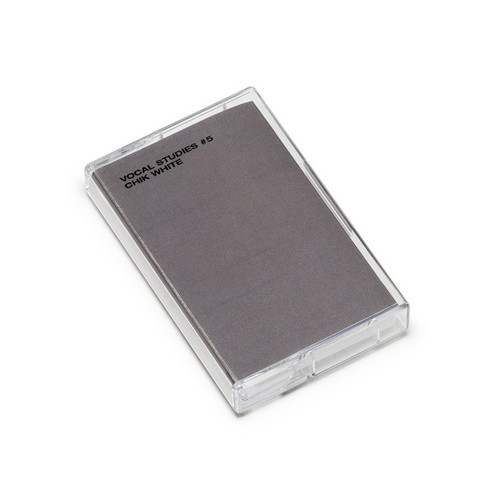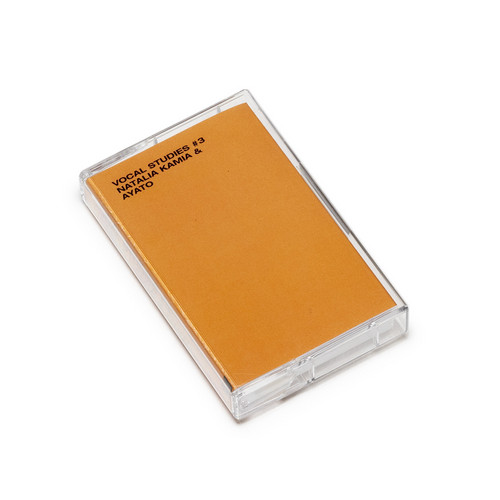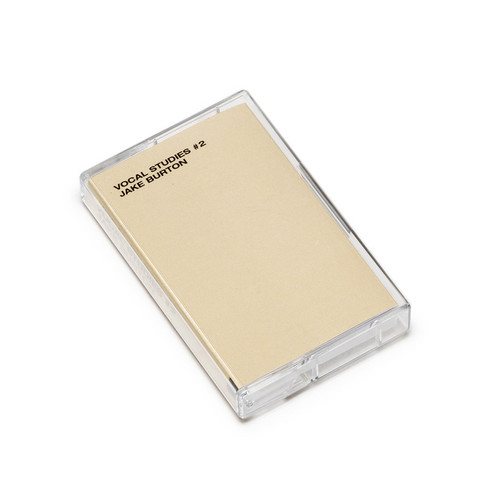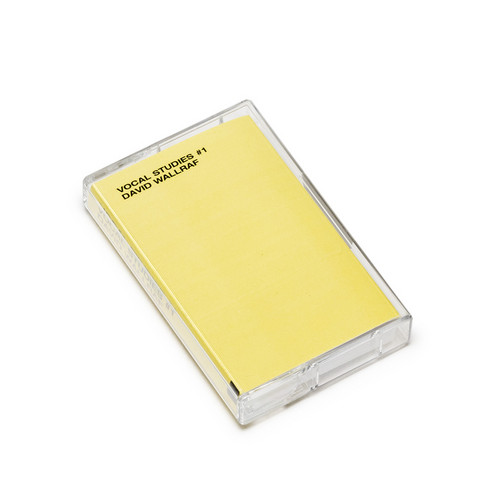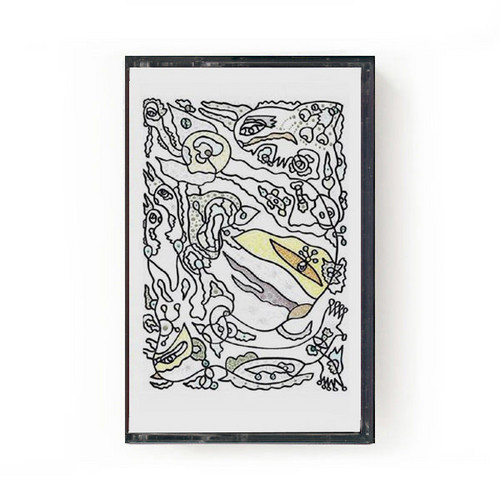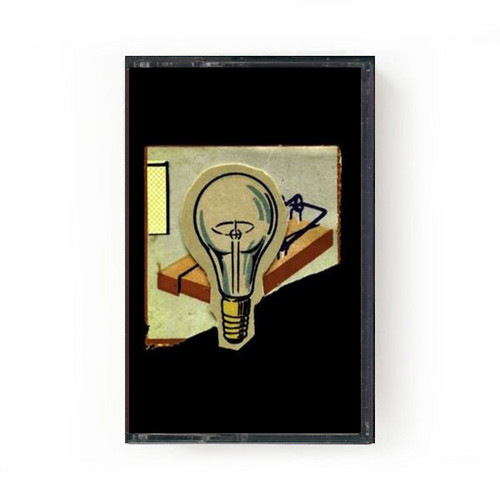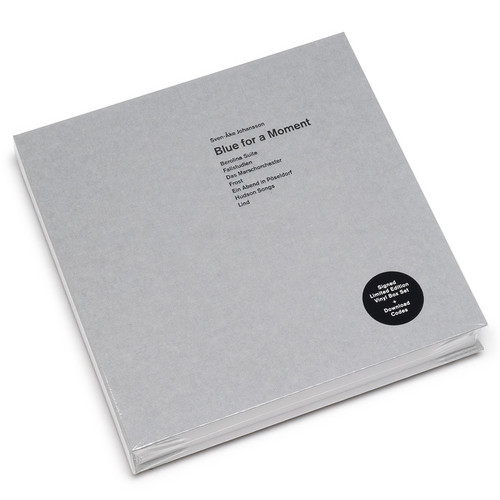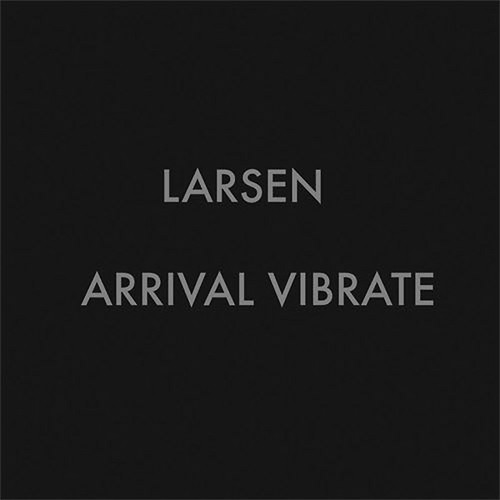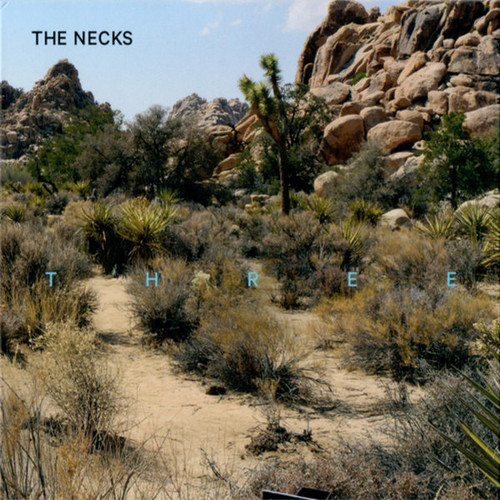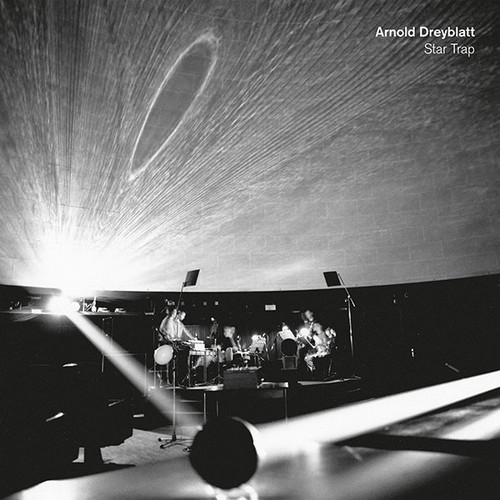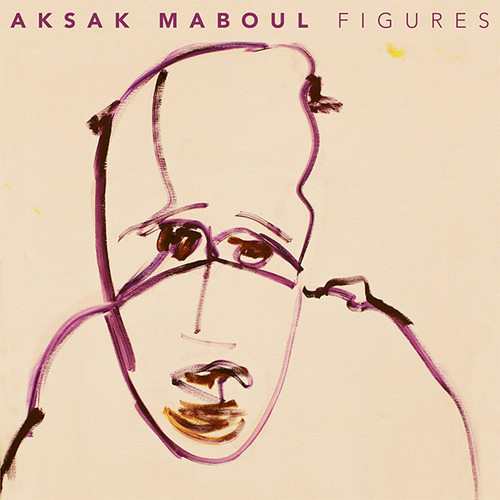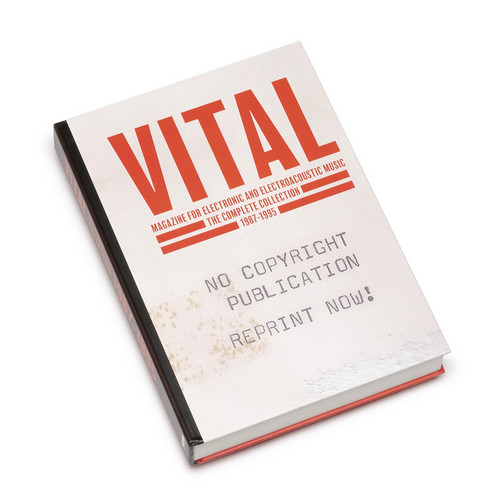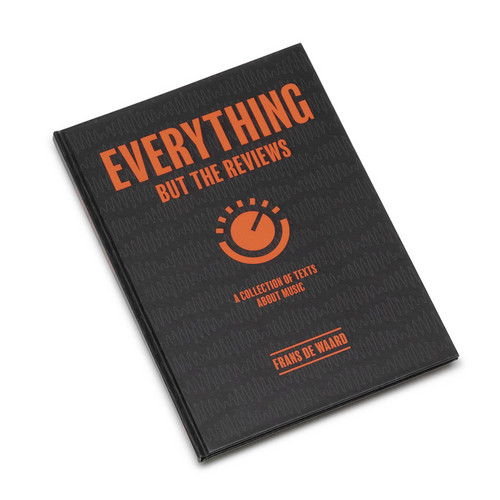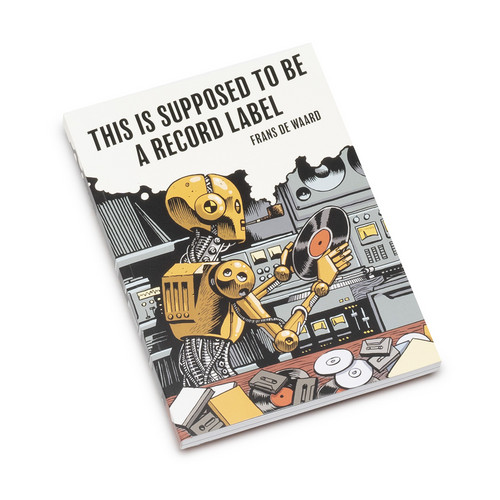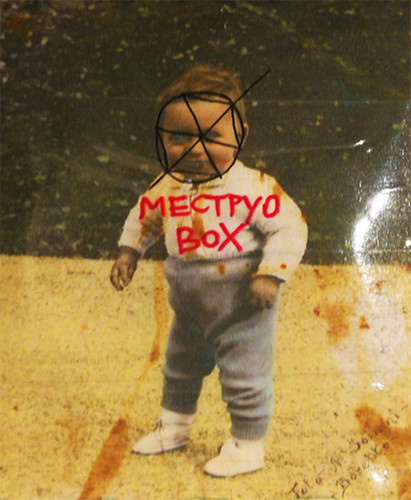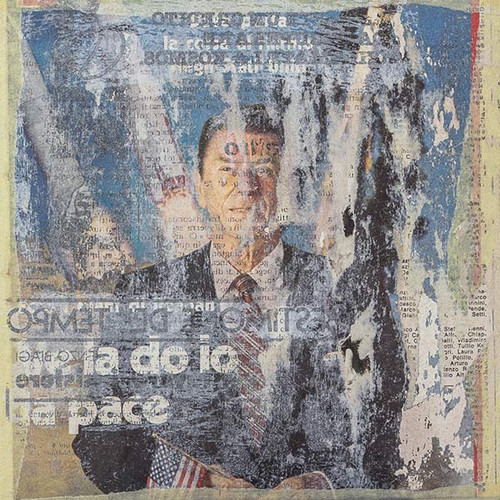Mot
**100 copies** In this album the percussionists Salis and Sanna collaborate with the sound artist and electroacoustic composer Andrea Borghi.
Borghi's work is based on targeted and multidisciplinary research processes and includes sculptural objects, installations, obsolete media and electronics.
In the trio execution, abstraction is not pushed too far and melodic elements are allowed. Electronic components and the percussive sounds are subtly integrated.
Andrea Borghi: prepared turntable, elec…
Days and Other Days
Majkowski returns to Astral Spirits, after his brilliant "Neighbouring Objects" tape that came out in 2015! "Days and Other Days" is Majkowski's 7th proper solo release following on the heels of the equally magnificent releases "Bright Astonishment of the Night" on Bocian Records and "Swimming in Light" on Entr'acte Records.
Quite possibly the most astounding and darkest (in a good way) album we've heard from Majkowski yet! He continues to explore the intersection between acoustic instruments an…
Gunesh (Гунеш)
**High class ethno jazzrock with Central Asian and Turkmen elements**Unique 1980 album, progressive, yet traditional style, lyrics in Turkmen language.The Gunesh Ensemble was founded in 1970 in Ashkhabad, Turkmen Soviet Socialist Republic, then part of the Soviet Union. They started out as a vocal group with supporting musicians from Turkmenistan State Radio and TV. Later several young musicians came to play with them and the band’s music became much more modern. The group began to play jazz-roc…
Vocal Studies #6
Volume 6 in Econore’s Vocal Studies series. Edition of 50 numbered copies. Milan Sandbleistift also known as Licht-ung is a noise / anti-sound artist from Burscheid
Vocal Studies #5
Volume 5 in Econore’s Vocal Studies series. Edition of 50 numbered copies. Darcy Spidle has long used the moniker chik white for various art projects. His latest efforts centre around the jaw harp, a pancultural, ancient instrument steeped in mystical allure. Inspired by sound poetry, noise, free improvisation, Dada, nature, and the human voice, chik white harp explorations aim to conjure visceral experiences.
Vocal Studies #3
Volume 3 in Econore’s Vocal Studies series. Edition of 50 numbered copies. Natalia Kamia is a musician and sound artist born in Russia in 1961. She lives and work in Gothenburg, Sweden.
Vocal Studies #2
Volume 2 in Econore’s Vocal Studies series. Edition of 50 numbered copies.
Vocal Studies #1
The tape features a remix of a Lijel vocal track and a piece constructed from looped fragments of David Walraff voice and the noises produced while recording it.
Zviy
Active in the Ukrainian and Polish underground since the early '90's Svitlana Nianio has released music that weaves traditonal Slavic folk influences with hints of minimalism (La Monte Young, Terry Riley etc) that instantly melt the pinal gland in realms of obscure mystery and glistening magic. Edition of 70.
Untitled
Kris Vanderstraeten (Frederik Leroux, Dirk Serries, Timo van Luijk...), daniel duchamP (Wolfgang Fuchs, Karine Germaix, Dominique Vermeesch ....) and Bart De Paepe (Ilta Hämärä, Bombay Lunactic Asylum...) get lost in a delicate delirium of bright intricate soundwebs touched with drops of luminous psychedelic atmospheres tumbling in and out of focus in these improvisations with percussion, electronics and guitar. 70 copies.
Blue for a Moment
**Last copies available - numbered and signed deluxe edition** A unique collection of historic and recent live recordings that map the many facets in the exceptionally varied musical career of Sven-Åke Johansson from the 1970s to the present day. The seven sessions included here, in total nine LPs, are taken from both historic meetings Ein Abend in Pöseldorf (with Alexander von Schlippenbach) and contemporary solo works and with the likes of Axel Dörner, Rhodri Davis, Rüdiger Carl, and Andrea N…
Arrival Vibrate
Arrival Vibrate is Larsen's 17th album, an alchemical suite tribute to the late Z'EV based on his poem by the same title hereby transcribed by Larsen's members into a score following the "Rhythmajick" kabbalistic musical theories by their friend Z'EV. The album documents the first live performance ever of this piece recorded at the band's March 13th, 2018 benefit concert for Médecins Sans Frontières International at The National Museum Of Cinema in Torino, Italy, and features two different versi…
Three
Three, the 21st album from legendary Australian instrumental trio The Necks, is a winding, textural, and visceral musical exploration through three individual, contrasting tracks that each delve into separate tenets of their sound.
Star Trap
Stunning archival live recordings from Arnold Dreyblatt & The Orchestra Of Excited Strings which have remained unreleased until now.
Figures
The legendary experimental pop outfit returns with a brand-new record entitled "Figures", written, conceived and produced over the last couple of years by Marc Hollander (founder of Aksak Maboul and of the Crammed label) and Véronique Vincent (former singer with The Honeymoon Killers).
Vital - The Complete Collection 1987-1995
Massive edition, 580 pages, hardcover. Frans de Waard published Vital, a fanzine for electronic and electroacoustic music, from 1987 to 1995. It was a low-budget, Xeroxed publication, bearing the revolutionary instruction: ‘No Copyright Publication. Reprint Now!’ It featured interviews with Asmus Tietchens, O Yuki Conjugate, Merzbow, P16.D4, Pierre Henry, Jim O’Rourke, Brume, Döc Wor Mirran and many others, hosted discussions on copyright, plagiarism and plunderphonics, house music, ambient musi…
A Collection of Texts About Music
Hardcover, first edition. Frans de Waard is perhaps best known for Vital Weekly, his online weekly review magazine for all things musical in the realm of experimental, electronic, improvisation, ambient, and noise, distributed for free, since 1995. Over 1200 issues have been published, amounting to some 15,000+ reviews.However, over the years Frans has also written liner notes, articles, obituaries, tour diaries, letters in support of artist grants, and personal observations.This book contains l…
This Is Supposed To Be a Record Label
In 1992, Frans de Waard (of Kapotte Muziek, Beequeen and the Korm Plastics label) was asked to work for Staalplaat, then one of the biggest independent labels for experimental and electronic music. Staalplaat was the home for bands like Muslimgauze, :zoviet*france:, Rapoon, O Yuki Conjugate as well as Jaap Blonk, Normally Invisible and Kingdom Scum. With an average of three new releases every month, Staalplaat remained a major player for the next eleven years. Hired to set-up a database and to s…
Mectpyo Box (Handmade Edition by MB)
**10 copies** Maurizio Bianchi has created a very limited edition of the ten works included in the original Mectpyo Box set. The original albums are offered in CDr format, each of them personally customized by MB, and come in a cardboard box-set that also includes various handmade ephemera.Includes the following albums:- Symphony For a Genocide- Menses- Neuro Habitat- Regel- Mectpyo Bakterium- Das Testament- Endometrio- Carcinosi- The Plain Truth- Armaghedon
Gene-X
**100 copies, sold-out at source. Included in a poster cover (size 42x60 cm) containing the reproduction of 8 collages (size 21x21cm each)** "Maurizio Bianchi created Gene-X in the spring of 1980 as a 'sidereal' evolution of Gene-P. For long time this de-composition was lost in the artist's archives but, after the publication of several bootlegs, the original tape was finally rediscovered. With the help of Siegmar Fricke, the work was restored and is now brought to light in a official and defini…
